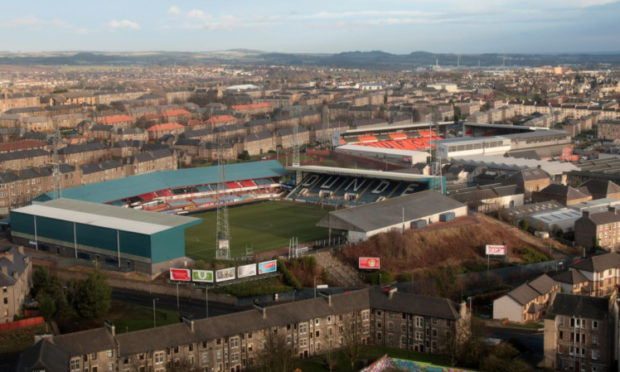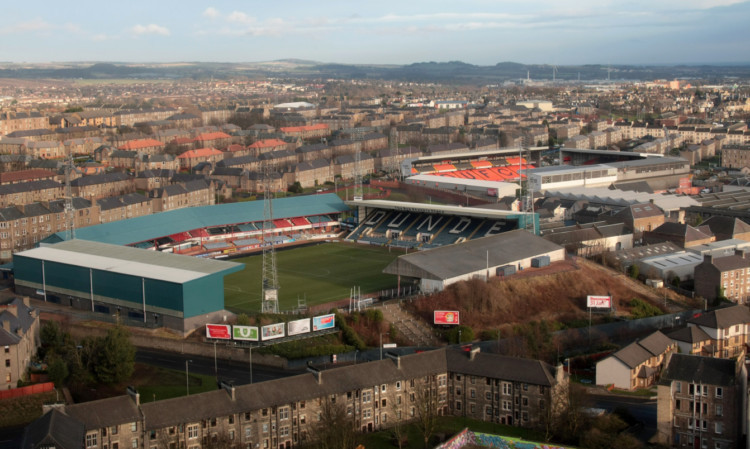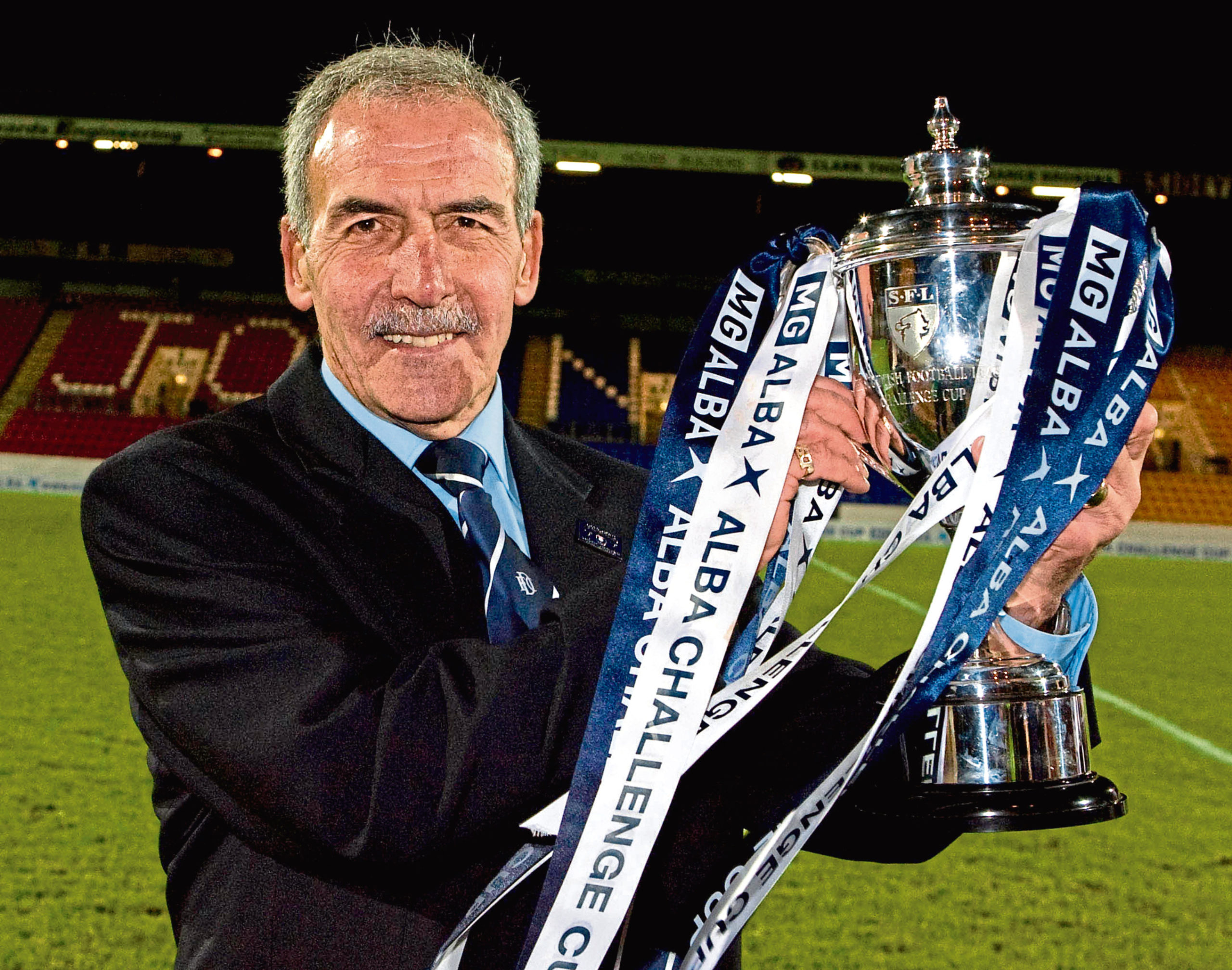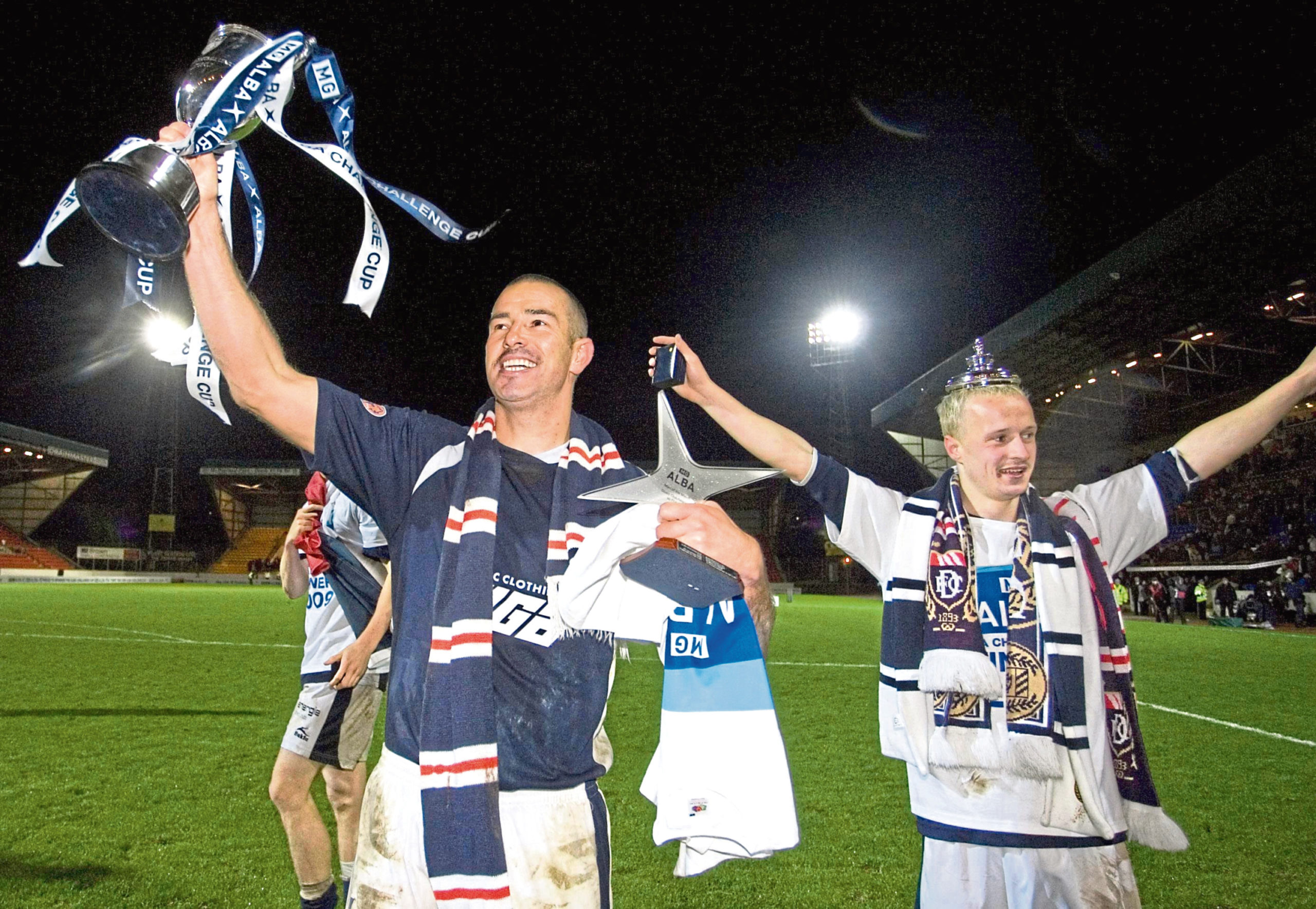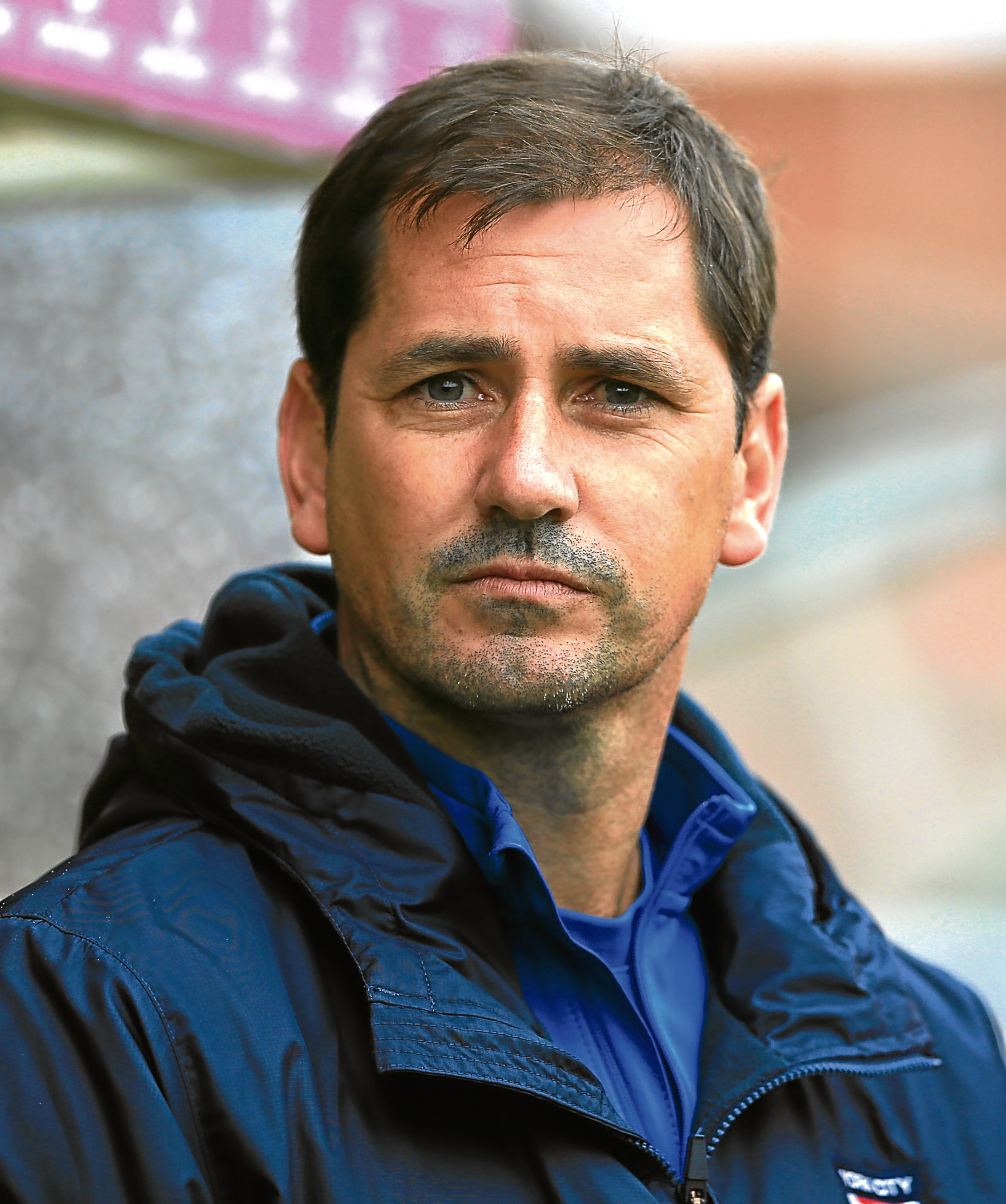The 21st century is not yet 20-years-old but, between them in that time, Tannadice Street rivals Dundee and Dundee United have managed to work their way through 23 managers.
That astonishing turnover rate tells you one thing – the past nineteen-and-a-half years at Dens Park and Tannadice have been turbulent.
We know that because, with very few exceptions, clubs change managers so frequently for one reason and one reason alone – because of a lack of success on the park.
In the case of the Tangerines and Dark Blues, that failure to get the desired results has often coincided with off-field problems as well.
The first two decades of the millennium have seen Dundee plunge into administration twice and, in effect, there has been no fewer than five changes when it comes to the men running the club from the boardroom.
Read more from our Millennium Managers series here.
At United, there have also been five changes in the chairman’s seat and, if success has come in the shape of the 2010 Scottish Cup win, several near things in other finals and a string of healthy league finishes, there has also been relegation, financial crises and rebellion among the rank-and-file support.
With so much going on behind the scenes, it’s arguably not surprising many managers have struggled to assemble teams capable of sustaining success over a prolonged period.
Today, Millennium Managers looks back at Jocky Scott’s third return to Dens.
The departure of Alex Rae from Dundee saw the return of prodigal son Jocky, the legendary former player and boss.
It was his third spell as manager, having enjoyed success in the late 1980s before leaving for Aberdeen and in the late ’90s when he was controversially not offered a new deal as Ivano Bonetti was appointed.
As well as experience, if Scott had one advantage over his predecessor it was that his deep knowledge of the club and its support meant he was fully aware that, with Dundee in the second tier, only winning promotion would be regarded as success.
Anything else, however limited his budget, would be regarded as failure, meaning Scott immediately set about trying to find a way of putting together a side capable of winning the First Division.
Given his October arrival with the team sitting in eighth spot, going up in that campaign was never really an option.
By the following summer, however, the arrival on the scene of Aberdeen-based businessman Calum Melville in 2009 appeared to give the manager every chance of getting Dundee up the following season.
With Melville signing cheques like confetti, Scott was able to sign a string of players including Gary Harkins and Leigh Griffiths, the two players considered the most talented performers in the division over the previous 12 months.
And, initially, things seemed to be going well both on and off the park.
The league campaign started encouragingly and, when top-flight Aberdeen were disposed of in the League Cup, it was clear Dundee were the team to beat.
More good news came in the shape of a successful Challenge Cup campaign and a final that saw Scott’s men show great character to storm back from two-down to beat Inverness.
After Christmas, however, things started to go wrong. A storming run by Inverness Caley Thistle saw them edge ahead at the top of the division.
And a gilt-edge chance to reach the Scottish Cup semi-finals was wasted via a home defeat against Raith Rovers in the last eight.
That was in mid-March and when, a week later, a trip to doomed Airdrie resulted in a 3-0 defeat, Melville was at Dens Park to meet the returning team bus and inform Scott his time was up.
For more on the Millennium Managers series, click here.
Within 24 hours, Gordon Chisholm would become the first man to manage both United and Dundee and there to help him was former fans’ favourite Billy Dodds. With just nine games of the league season to go, they couldn’t turn things round in time and, despite spending a barrowload of cash, promotion was missed.
If that was disappointing, as the year progressed it became apparent Melville’s promise to back the club financially could not be met.
Once again the club was heading for financial disaster and that was confirmed in October 2010 when, for the second time in seven years, Dundee entered administration.
As two of the bigger earners on the books, one of the first acts administrator Brian Jackson had to carry out was to inform Chisholm and Dodds they were out of a job.
It was a bitter pill for the pair to swallow. They’d arrived seven months earlier with the promises of riches to build a team but ended up out of pocket for their painful experience.
Over the road, United were still basking in the glory of their Scottish Cup triumph and if, less than three years later, silver-kissing boss Peter Houston would leave in acrimonious circumstances, the picture still looked bright.
The arrival of Jackie McNamara in 2013 was something of a coup.
His work at Partick Thistle made the former Celtic captain the young manager everyone wanted and, with the arrival on the scene of a string of talented young stars and some astute signings, for a good while it appeared the optimism that greeted his capture was justified.
McNamara’s first few months saw him secure a top-six finish and be desperately unlucky when his team, with teenagers John Souttar and Ryan Gauld playing starring roles, were edged out by Celtic in the semis of the Scottish Cup.
The brand of football being produced was open and exciting and it was no surprise that 2013/14 brought more joy. With a kid called Andrew Robertson starring at left-back, United stormed to fourth in the top flight and cruised to the Scottish Cup Final where they were hot favourites against St Johnstone.
And while Saints deservedly upset the odds to lift the trophy at Parkhead, at the end of that season the future at Tannadice still looked bright.
Some very dark clouds, however, were on the horizon.
In the next Millennium Managers special: United’s young stars get picked off piece by piece as the Terrors tumble, Dundee’s rollercoaster continues with double promotion and relegation.
